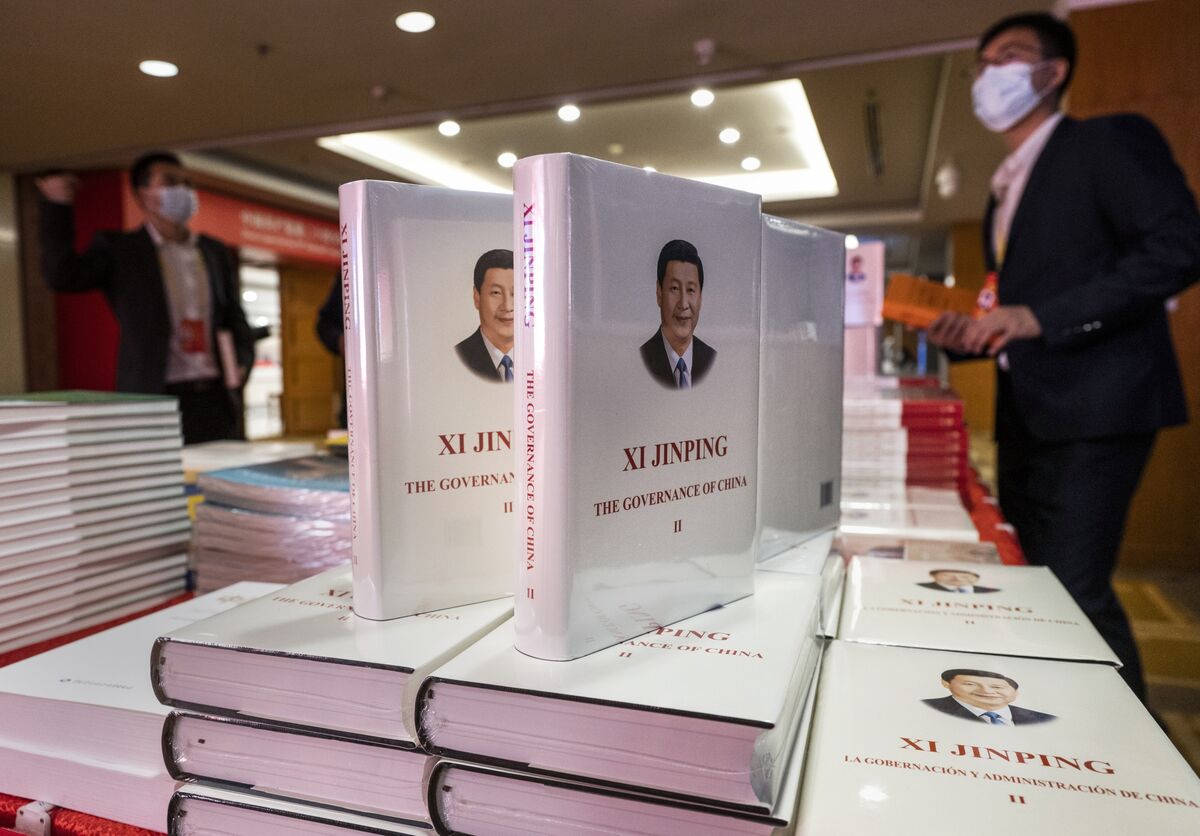
xi-jinping book
As a direct beneficiary of the Forum on China-Africa Cooperation platform, I got the privilege to have first-hand experience of some of the topics discussed in the book “Xi Jinping: The Governance of China.” through my visit to Beijing where I attended the “2018 Seminar for Journalists from Kenya.”
A broad range of topics are discussed in the book.I will give my perspective as observed during my visit to China and after reading the book.
Based on Chinese culture, his approach has been successful through initiatives like increasing funding for cultural programs in recent years, which have been used to support programs like construction of new museums and theatres, restoration of historical sites, and promotion of Chinese culture overseas.
 This support has helped Chinese artists travel abroad and promote their work on the international stage leading to a renewed interest in Chinese culture among young people in China and an increase in the number of foreign tourists visiting China to learn about Chinese culture.
This support has helped Chinese artists travel abroad and promote their work on the international stage leading to a renewed interest in Chinese culture among young people in China and an increase in the number of foreign tourists visiting China to learn about Chinese culture.
President Xi points out that “Chinese culture is a unique and valuable asset that must be preserved and promoted.”
He highlights the importance of economic development as a major driver of China’s growth by emphasising that it’s the key to solving the country’s problems and improving the lives of its people. He has pledged to carry on China’s economic reforms and to open up the Chinese economy to the world.
From the quote, “Economic development is the foundation of all other work,” President Xi believes that China can achieve its economic goals and build a prosperous society for all its people.
Scientific and technological innovation is a key driver of economic development and national prosperity.
He states that China needs to become a leader in scientific and technological innovation in order to maintain its economic competitiveness and achieve its long-term goals.
He outlines measures like; increasing investment in research and development, creating a more supportive environment for innovation, attracting and retaining top talent to solve real-world problems, such as poverty alleviation,environmental protection, and addressing climate change.
He believes that green development is the only way to achieve sustainable development.
President Xi has pledged to reduce China’s reliance on fossil fuels, to develop a more environmentally friendly economy, and to protect the country’s natural resources.
His approach to green environment protection is reflected in a number of policies implemented in recent years like China investing heavily in renewable energy sources, reducing air pollution, cleaning up rivers and lakes, protecting forests by banning logging on natural forests and planting billions of trees in recent years.
He also discusses China’s engagement with Africa and the importance of people-to-people exchanges to deepen mutual understanding as well as strengthen ties between China and African nations.
He believes that China-Africa bilateral relations should be based on win-win cooperation, where both sides benefit.
The Belt and Road Initiative (BRI) is critical to China’s future international engagement and global leadership since the positive aspects of the initiative and its benefits to the participating countries will lead to a mutual benefit in increased trade, global economic investment, and growth.
In Kenya, the BRI has greatly helped improve the countries infrastructure through development of mega projects like The Standard Gauge Railway, Lamu Port-South Sudan-Ethiopia Transport Corridor, Nairobi Expressway, and the Konza Technopolis.
This has positively impacted Kenya’s economy and has improved the country’s infrastructure, promoted trade, investment, and created jobs for many Kenyans.
President Xi believes that the BRI will help promote connectivity between China and other countries in Asia, Europe, and the Middle East. This will help boost trade and investment as well as promote economic growth.
If China is successful in implementing Xi’s vision, the BRI will have a major impact on the global economy and the development of many countries around the world.
His vision of a community with a shared future for mankind is inspirational. It will require a crucial change on how countries interact with each other as he notes that “We should build a community of shared destiny for mankind” because “All countries are members of the same global village.










